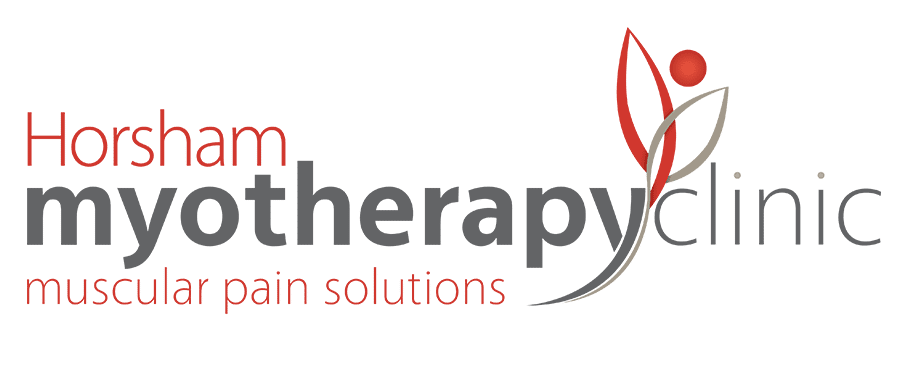You could have Plantar Fasciitis?
What is it?
Plantar Fasciitis is a condition that’s as hard to pronounce as it is to deal with. It describes an inflammation of the connective tissue along the bottom surface of your feet, characterised by intense pain on walking, particularly in the morning when taking your first steps. This inflammation is caused by overuse or over-stretching.
Here’s a list of those most at risk of developing Plantar Fasciitis and why:
- Athletes and Dancers: sports that place a lot of stress on the heel bone (such as running, dance and aerobics) can irritate the plantar fascia. A sudden increase in activity levels or change in your running surface (grass to asphalt, etc.)
- Flat-Footed or High Arches: if you have high arches, then the plantar fascia of your feet are already under tension before you’ve even started activity. Those with flat feet have compromised shock absorption through the heel, leading to similar strain on the connective tissues.
- Middle-Aged or Older: heel pain becomes more prominent as we age due to weakness in the muscles supporting the arch.
- Over-weight: extra weight places increased mechanical load through the ankle and plantar fascia. Coupled with inactivity, the pain of plantar fasciitis can be worse for those in this category due to bio-chemical damage.
- Pregnancy: hormones, ligament laxity, swelling and weight-gain can have a direct affect on the plantar fascia.
- Workers on their Feet All Day: occupations requiring a lot of standing or walking can cause heel pain.
- Inappropriate Shoes: poor arch/ankle support or inflexible soles interrupt the biomechanics required for walking, causing excessive strain through the foot and ankle.
Treatment and Rehabilitation:
It is possible to make a full recovery from Plantar Fasciitis, though the ‘how long’ is dependent upon the cause of your discomfort and how diligently you comply with your home exercise program. Initial rehabilitation will include stretching the plantar fascia and Achilles tendon before introducing graded exercises to improve calf strength and ankle stability.
How Can We Help?
Remedial Massage and Myotherapy are recommended for this presentation. Your therapist will be able to: treat painful muscle and connective tissue, provide supportive taping, and advise on corrective exercise
The team at BMC are all experienced in treating plantar fasciitis. Through assessment, we’ll determine the cause of your heel pain and work with you to create a home-care management plan to get you back to what you love doing most
You can book an appointment online HERE
